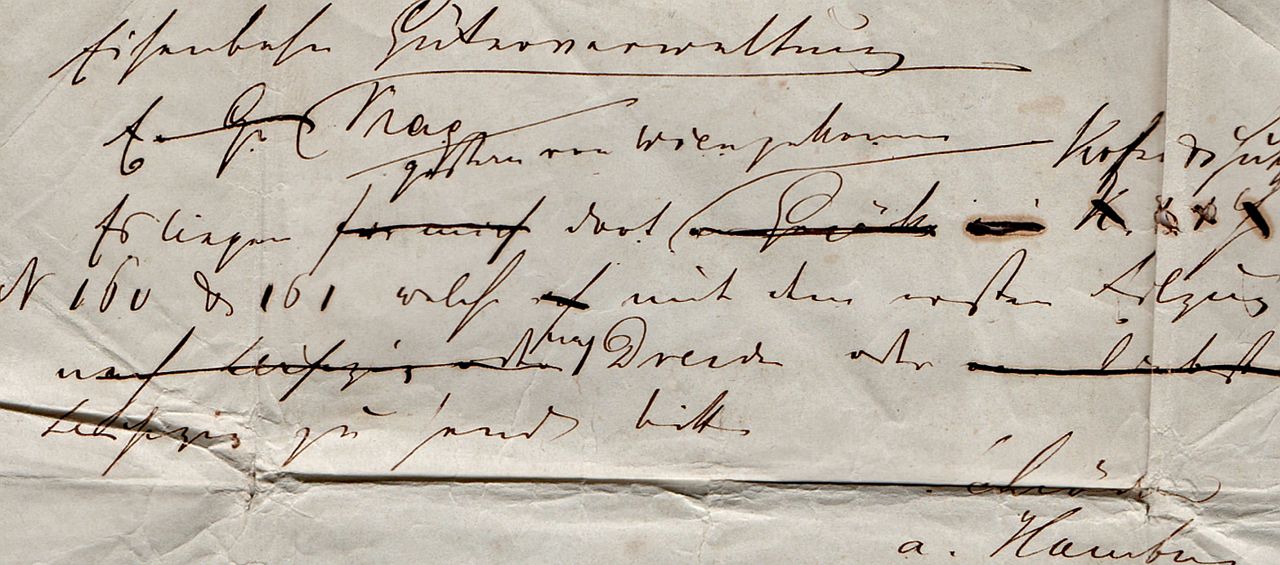The current COVID-19 pandemic has been a worrying time for all, particularly when it comes to our health and our finances.
In these circumstances it might be tempting to rush out and purchase an at home Will kit from the newsagent or prepare your own informal Will at home or on the computer. However, it is important to remember that these are significant legal documents and putting in place your own Will without the guidance of a lawyer can pose a risk to the legal validity and enforceability of your Will.
A minor issue in the way that your Will has been signed or witnessed could lead to increased expense for your estate at a time that is already stressful for your family. It may also mean that your hard-earned assets are not distributed in the way that you had planned for them to be.
What happens if my Will is signed or witnessed incorrectly?
The Wills and succession laws in each State and Territory detail the legal requirements that a document must meet to be considered a legal Will.
These are, in general terms:
- It must be in writing;
- It must be signed by you, or by someone else at your direction;
- Your signature must be witnessed by two people; and
- Both of your witnesses must sign the document in your presence.
There have been recent changes to the legislation in NSW (which are reflective of Covid-19) to allow for the witnessing of Wills and Enduring Powers of Attorney documents electronically via an audio and visual link. However, there are strict requirements that must be followed to ensure that your Will is witnessed correctly using these arrangements.
If any one or more of these statutory requirements are not met, then your Will could be considered legally invalid and you would be considered to have passed away without a Will or ‘intestate’. In these circumstances, the laws relating to intestacy would determine how your assets are distributed and who receives what. This is not only a more expensive process for your estate but may not reflect your actual wishes.
Informal Wills
In some circumstances it is possible for the Court to take into account your wishes that you have expressed in a document even though it may not meet the legal requirements of a legal Will. This would require seeking the Court’s approval of the document as an ‘informal Will’.
To approve an informal Will the Court must be satisfied that there is a document that sets out your testamentary wishes and that you intended for that document to be your Will.
Whilst the Court has the power to accept an informal Will if they are satisfied of these matters, this requires making an application to the Court to have the Court determine the matter at a hearing. Evidence would need to be produced and put forward to the Court to satisfy them on the balance of probabilities that you intended this to be your last Will.
As a result, the costs and delay resulting from an application to approve a document as an informal Will can be significant, particularly if there is a dispute between beneficiaries about your intentions prior to your death and the validity of your Will.
The best way to minimize the possibility of estate litigation, costs and delay for your estate is to ensure that you have made a valid Will. Elringtons are here to help and guide you through the process of completing your estate planning documents as soon as possible with the assurance that they can be relied upon legally if anything happens to you.
Further reading

elringtons lawyers regularly provide legal advice in relation to a range of estate planning matters. Please contact our Wills and Estate Planning Team for more information or to make an appointment call (02) 6206 1300











